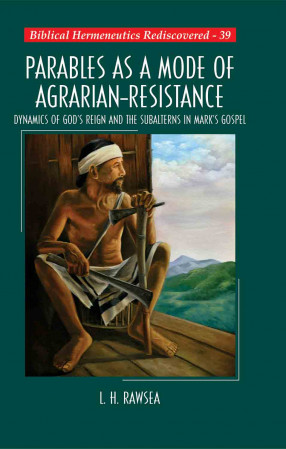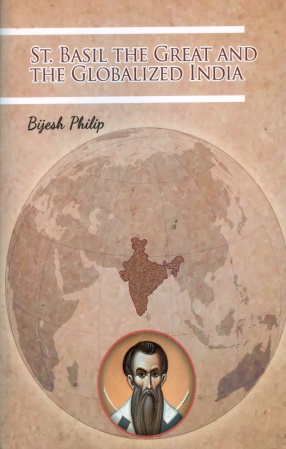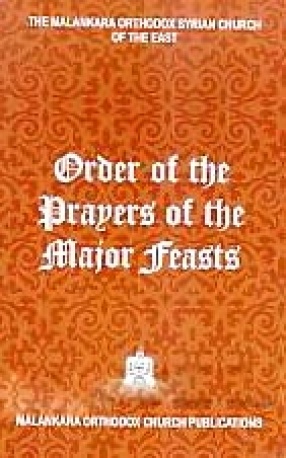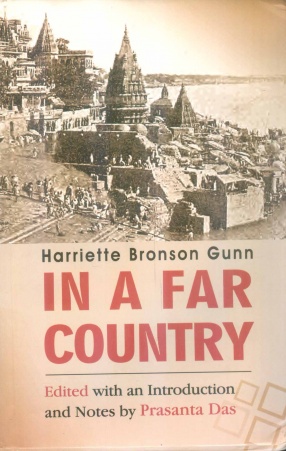Parables as a Mode of Agrarian-Resistance: Dynamics of God's Reign and the Subalterns in Mark's Gospel
Parables as a Mode of Agrarian-Resistance is an exploration into the agrarian-resistance motifs embedded in the parables of Jesus in Mark’s Gospel. There are two basic assumptions that run throughout the study. First, the agrarian communities living in the Galilee and Judea during the Greco-Roman imperial rule had resisted the imperial powers. Second, God remains at the centre of the struggles for freedom of the subjugated people.
Rawsea examines the notion of God in relation to the subalterns in the parables of Jesus in Mark to see how the dynamics of God’s reign was set in favour of the marginalised subalterns of the first-century. His point of departure is this: Mark shows that the nature and purpose of the parables of Jesus contain some elements that are intrinsic to agrarian-resistance. Rawsea directs our attention to those intricate features of the parables and raised certain questions concerning their political role in the context of Roman Galilee and Judea.
On the whole, the author argues that the parables of Jesus are effective instruments of resistance to domination. Accordingly, he spots the parables in the life situation of Jesus in-movement to ascertain the meaning of his parables. Jesus, was not simply an individual preacher or teacher, but the one who was in a movement.
Rawsea suggests that the parables of Jesus are perhaps best interpreted if one takes it as the means to speak truth to power. This book offers many insights to enhance the tribal hermeneutics in the context of North-east India.
Get it now and save 10%
BECOME A MEMBER







Bibliographic information